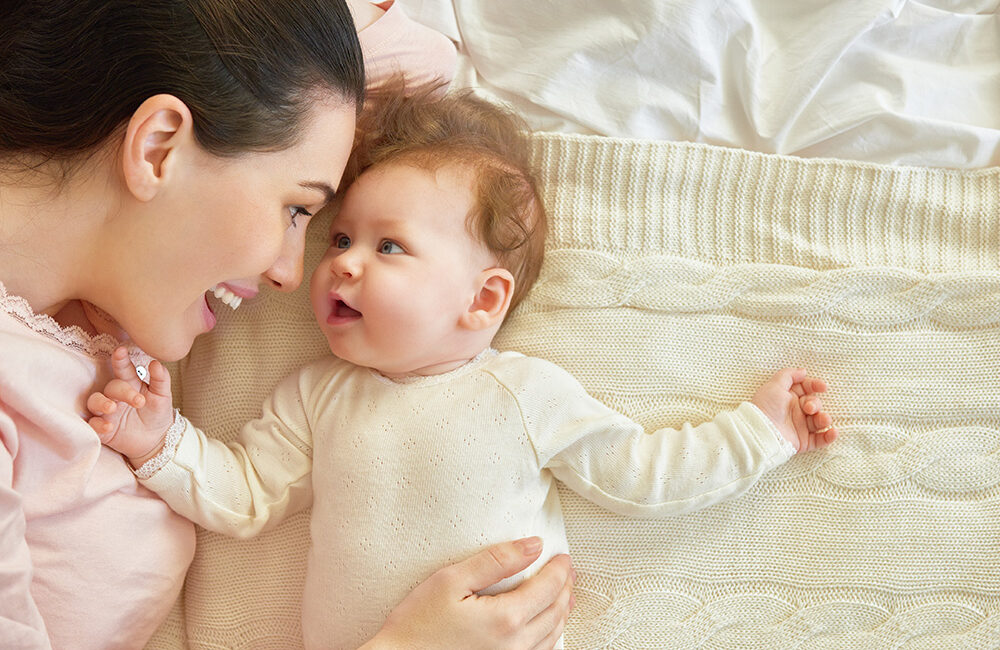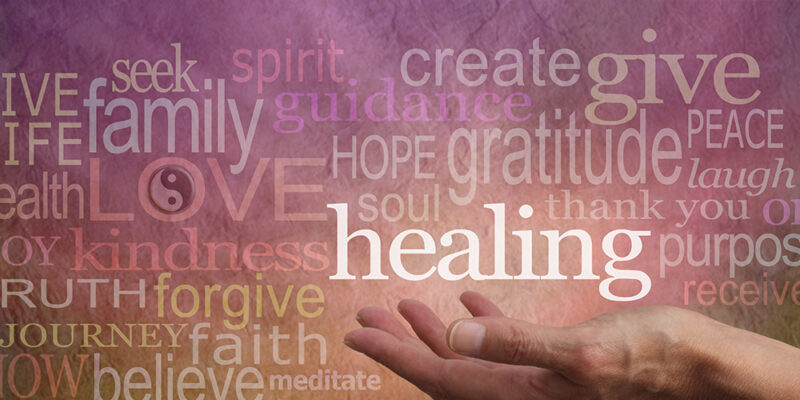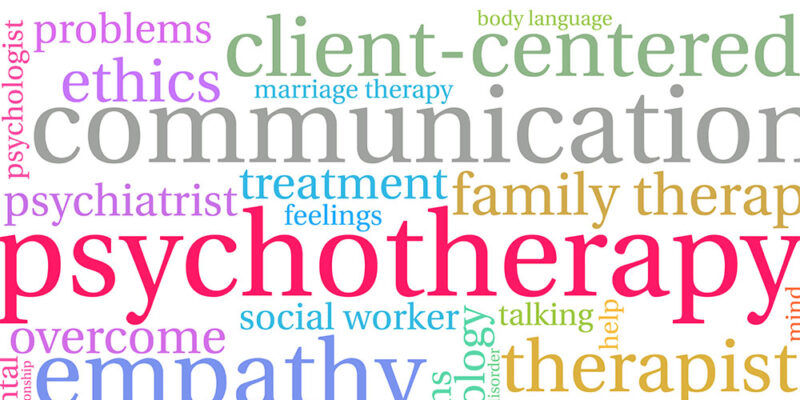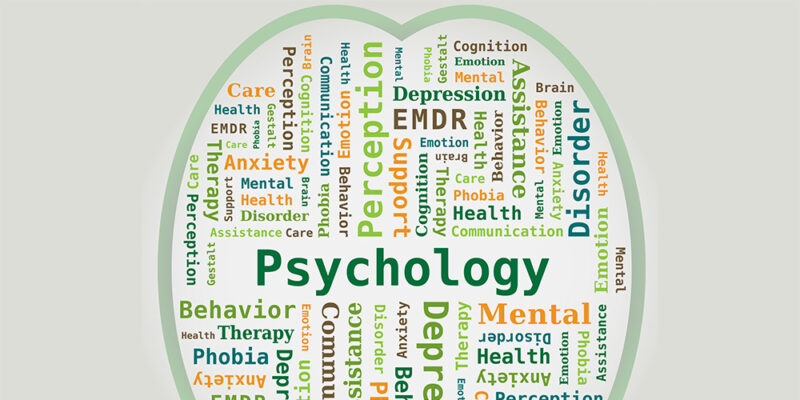They say he/she is just a baby, so they can’t detect or feel their mother in a low mood. Some think that all that is needed for a baby is to satisfy their basic needs – to let them sleep and eat. However, research has shown that a baby responds to the mother’s mood and that the infant picks up on nuances. Babies receive emotional messages through facial expressions, body movements, and is very attentive to their mother’s tone of voice and responds to these cues. The baby is able to differentiate between tenderness, joy, anger and sadness. Consequently the mother’s mood has a great impact on the baby. A mother who suffers from depression is not emotionally available to the baby and when she takes care of him. Her reactions will indicate indifference towards him and disregard for his real needs. The baby can feel when his mother is self-absorbed and her responses are slow and mechanical. Her communication will lack significant emotional components for him; she rarely speaks to him, and when she does speak, her speech is halted and not warm. She also makes little physical or eye contact with the baby, minimizing soft touch like a caress. Not only is the baby able to sense, but the infant responds to the lack of emotional communication.
A baby who feels that he/she will be attended to will express dissatisfaction when they are hungry or tired, and will smile and make eye contact when they are happy. But when a baby feels that his/her voice is not heard, and does not receive any real attention, he/she may give up the protest, and not cry at all. These babies will become indifferent and silent. They may fail to thrive.
In order to reduce the negative effects of postpartum depression to the baby, it is important for the mother to seek professional treatment. In general, parents will be offered treatment with a psychologist and a therapeutic solution will be provided for the relationship with the baby.
Sometimes therapy sessions will be with the mother alone. Sometimes her husband will join. Sometimes the mothers will come with the baby for treatment and the therapist will observe the mother’s behavior so that she can be guided how to move forward. In some instances they may set up a group meeting for mothers and their children.
In the meantime, until the mother recovers and returns to full functioning, it is recommended that the father/grandmother or other adult take on the role of the primary and significant caregiver for the baby. They should give the baby warmth, physical contact, eye contact, and be attentive to his/her needs and respond to them.
As part of our holistic services, Nitza organizes therapeutic sessions for mothers and children and is able to provide advice on how to keep the family intact until the symptoms have passed. Once the mother gets back to herself, she will return to her baby and her crucial role as mother.
 ניצה
ניצה






